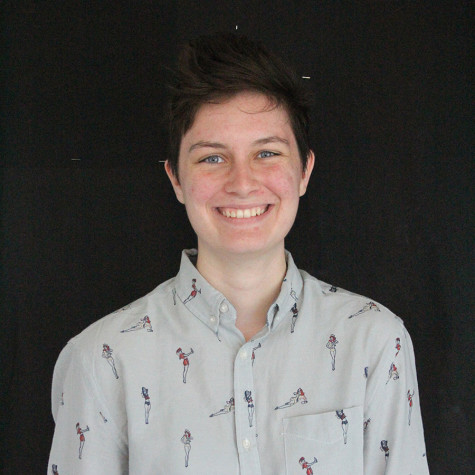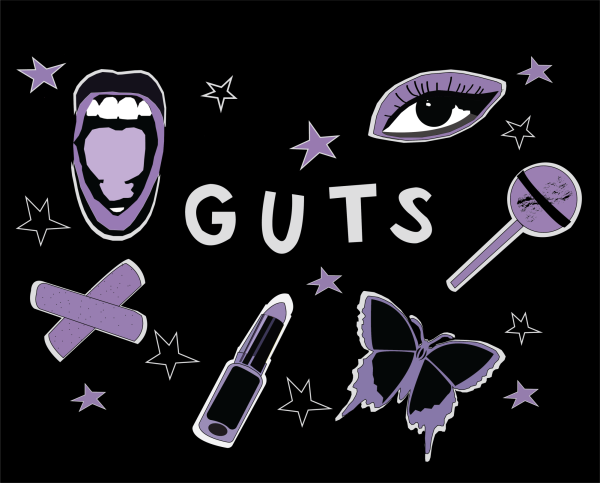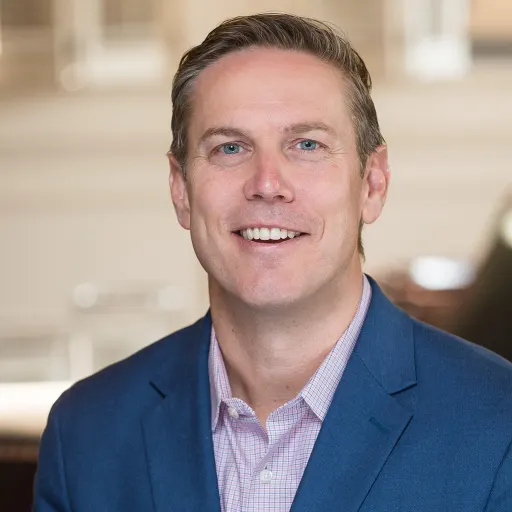Representation is a necessity
March 6, 2015
Media is all around us. If something is not written about, portrayed in a movie or tv show, namedropped in a video game, or even sung about on the radio, it ceases to exist in the public’s eye.
Hollywood is known for being full of rich, white people — nearly every single modern Oscars host has made some sort of joke about that. However, the world isn’t full of rich, white people. Media makes it seem like these people are the only people that matter. Minorities, including everything from race to sexual orientation to gender identity to class, are consistently excluded from both the storyline and the casting list of works. A lack of representation in the media can be detrimental to the coming-of-age process. If you have this idea of yourself in your head, yet you cannot match it with anything around you, you start to think that you’re weird. This identity crisis can range from simply acknowledging that you deviate from the norm to thinking that something is wrong with you.
I had a pretty sheltered childhood when it comes to LGBT topics. I assumed a lesbian couple that my parents were acquaintances with were simply sisters, and I didn’t pick up on homophobic slurs in songs I heard on the radio. I also grew up thinking that I was supposed to be male because I didn’t know girls could have feelings for girls. This caused a lot of conflicting feelings for me growing up, and I never really felt comfortable in my own skin. In middle school, watching LGBT people on YouTube share their stories and seeing my gay teacher remain a prominent member of our local community helped me come to terms with my own feelings. This, paired with the large amount of LGBT celebrities coming out of the closet in the 2000s, helped me realize that there wasn’t really anything wrong with me — I had simply been missing a name for my identity.
Eddie Redmayne recently won an Oscar for his portrayal of Stephen Hawking in “The Theory of Everything.” One of his next big roles is that of Lili Elbe in “The Danish Girl,” a 2016 film based on a novel inspired by the life of one of the first transgender women to successfully undergo sex-reassignment surgery. In the past, many cisgender people (those who identify with the gender they are assigned at birth) have played transgender people in films, and they have even won awards. Although Redmayne is talented and somewhat androgynous, it is frustrating that yet another cisgender guy will be taking on a transgender role when plenty of transwomen would be great for the job. While I look forward to seeing how he handles the role, I hope that Hollywood will learn from the experience. LGBT stories are not just easy award winners that can be tacked onto famous actors’ resumes. We are people too, and we deserve the chance to tell our own stories.
While I’m not jazzed about the casting of “The Danish Girl,” at least there will be some representation. Without these sorts of representations, the transgender community could once again be thrust under the radar. It is just as important for young LGBT people to see their future selves in the media as it is for straight people to be exposed to a side of society that they typically don’t know much about.









